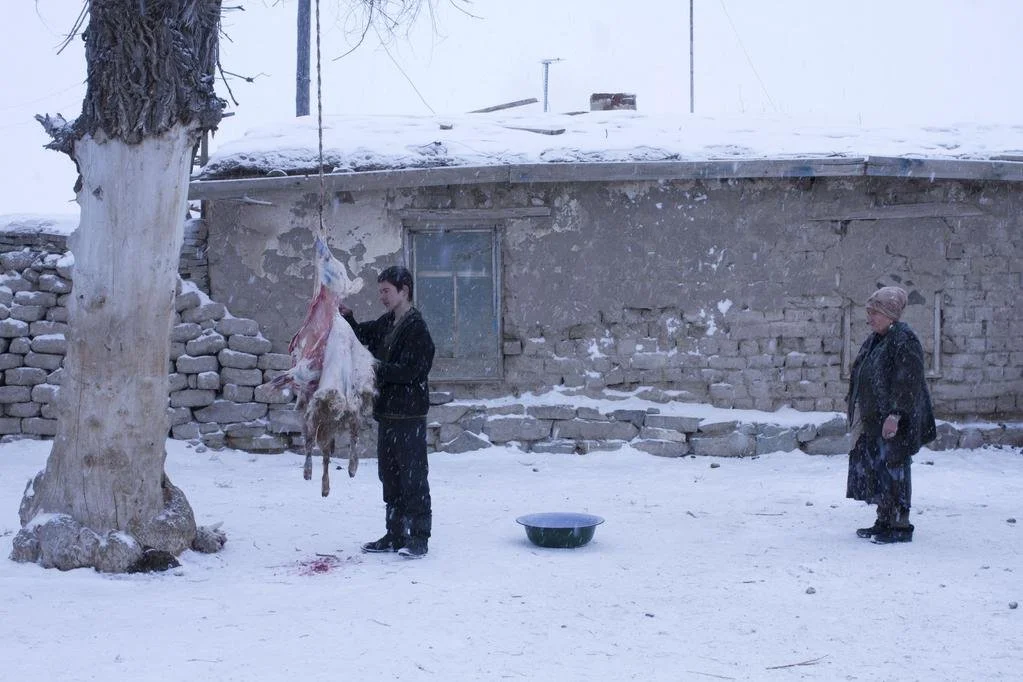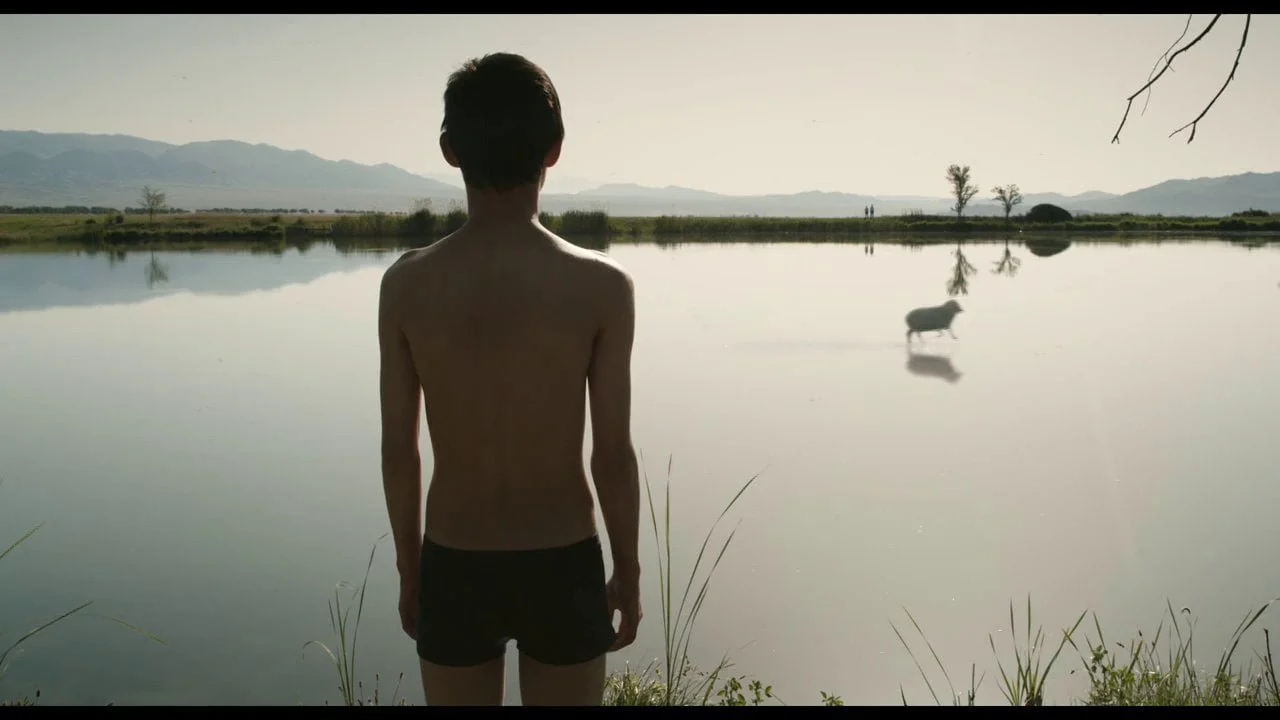Through this purposefully habitual and unexciting context, the director is allowed to achieve one of their primary goals: targeted examination of human nature. By not fixating on the setting of the outer world and its happenings, a writer has the freedom to shift the focus on the inner world unfolding within the characters themselves, its depth and breadth.
This directing move strikes first of many significant distinctions this genre of film has with the typical Hollywood cinema.
We, as viewers, are used to seeing people on the screen living exciting, busy lives we could often only dream of. It is a sweet escape from reality we can afford to embark on for a couple of hours. On the startlingly opposite end of post-soviet kino, the reality is depicted in its most disturbing and gruesome forms, and we find ourselves happy to be on the opposite side of the screens.
The direct and raw style in which the camera work in these works is usually done, in turn, unavoidably leads to us falling into the hero’s antics, developing a much more intimate connection with them. The viewer suddenly finds themselves deeply entrenched in the entirety of feelings, moral conflicts, and any extra portions of emotional turmoils that the director has decided to add.
In these fleeting moments, the real story begins to unfold. All of a sudden, what could at first be described at best as a dull and slow plotline, turns into a complex storyline of personal and moral conflict ending either in a powerful build of character or a tragic failure of it.
Then, the viewer might find themselves in a peculiar position: it’s often extremely difficult to be rooting for the protagonist. Reason? They oftentimes cannot be labeled as good people. Instead, the protagonist is floating between the loose edges of good and bad, questioning the meanings of these traits altogether.
Simply put, if the writers succeeded at their job, the characters would be layered and complex, just like human beings are. The heroes can find themselves torn in a personal conflict and the viewers are likely to find themselves torn along with them.
A prominent example is Kolja in Leviathan (2014, Russia), a west praised Russian tragic drama and a Cannes nomine. Kolja is a middle-aged car mechanic struggling to accept the reality of a corrupt mayor trying to seize his house. In the process, he has to observe how everything he deems important is falling apart. It is an emotionally draining but brilliantly told narrative of the man who’s lost a fight before starting one. The atmosphere of hopelessness and despair established at the very beginning only intensifies and culminates later in the film.



